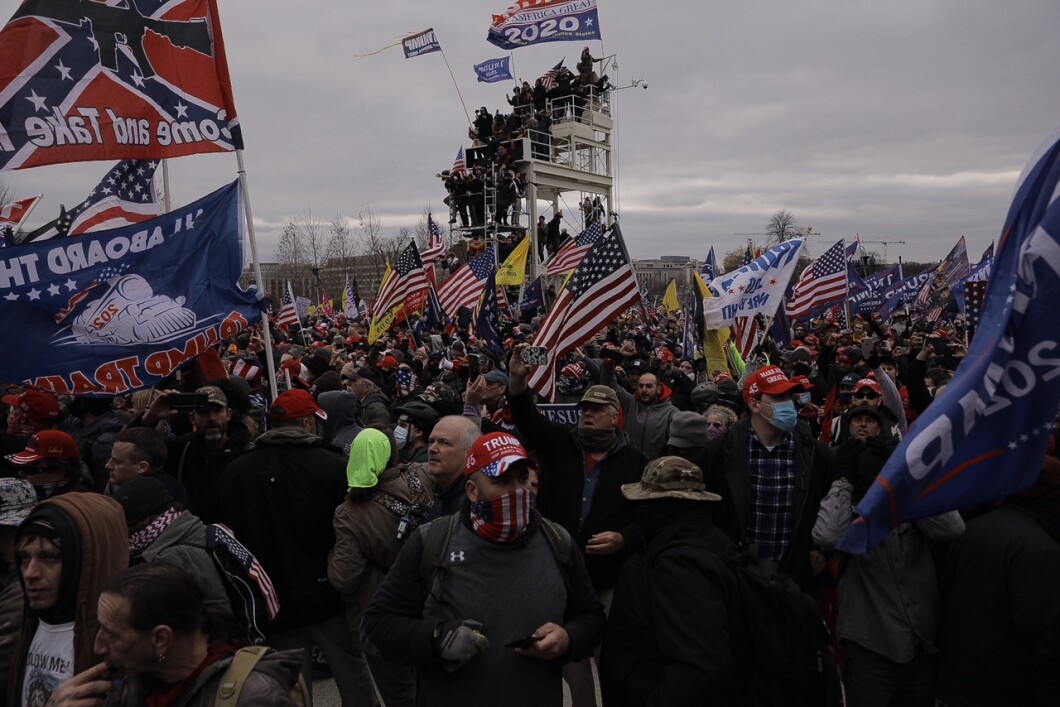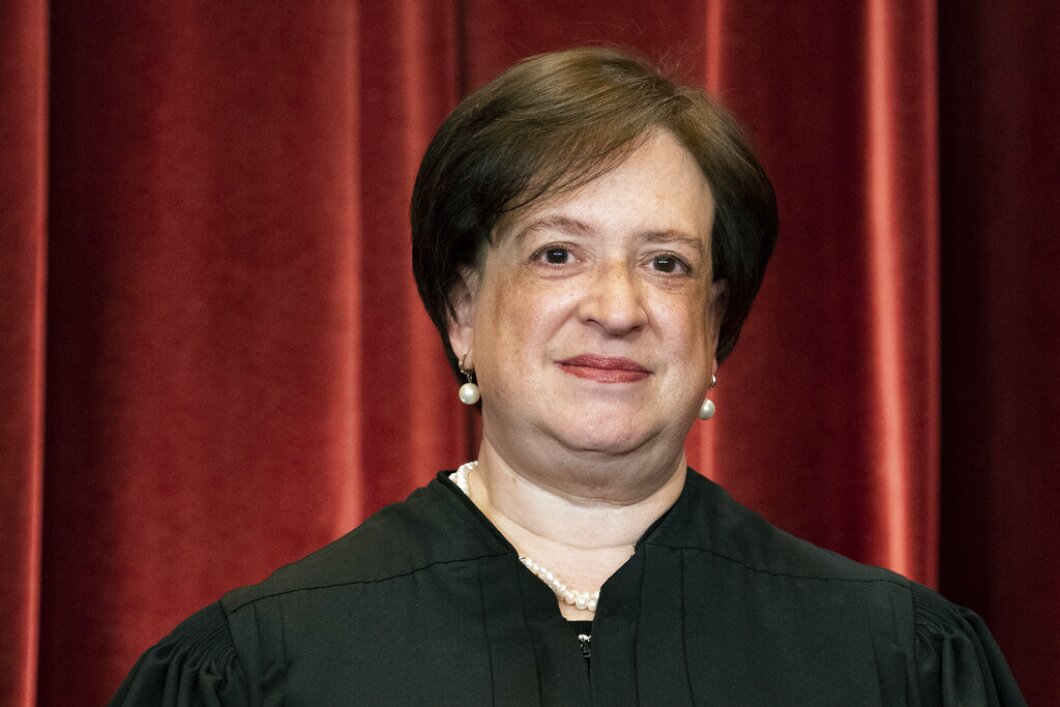
The Supreme Court may have imposed a new burden on the Department of Justice’s investigation into President Donald Trump‘s role in the Jan. 6 riot at the Capitol, according to legal experts.
Through a 7-2 opinion in Counterman v. Colorado on Tuesday, the high court held that when a defendant is prosecuted for communicating a violent threat, the government must prove that the defendant understood that the communication would likely be perceived as a threat.
UNIVERSAL BASIC INCOME PAYMENTS: BIG CITIES THAT HAVE JUMPED INTO PROGRAMS TO GIVE AWAY MONEY

Alan Rozenshtein, an associate professor at the University of Minnesota Law School, said the decision is meaningful in what it may signal about the “viability and probability of a prosecution of former President Donald Trump for inciting the Jan. 6 attack on the Capitol,” according to a Tuesday blog post for Lawfare.
As Trump is facing federal charges related to his handling of classified documents, special counsel Jack Smith’s separate investigation into Trump’s alleged role in the Capitol riot has been steadily moving forward inside a grand jury room in the District of Columbia.
Last December, Trump-appointed Judge Gregory G. Katsas on the U.S. Court of Appeals for the District of Columbia Circuit indicated the former president may have potentially instigated violence when he told his supporters the election was stolen and urged them to “fight like hell” during his speech before members of the crowd marched to the Capitol.
Compiling that with Smith’s two-pronged investigation into Trump, legal experts have speculated whether the DOJ would be able to put together a potential prosecution alleging that Trump helped incite the riot.
But citing the Tuesday ruling in Counterman, Rozenshtein wrote that prospects for developing that case “just got meaningfully less likely.”
“It’s easy to imagine this added burden as the determining factor in the decision of whether or not to bring a prosecution that would be even more high-stakes than Trump’s current Mar-a-Lago indictment,” Rozenshtein wrote.
Other legal experts agreed with Rozenshtein in part, including University of Vermont Law School professor Jared Carter, who told the Washington Examiner, “It puts the burden on the prosecutors.”
However, Carter emphasized that the Counterman dispute was a “true threat” case, noting a potential case against Trump would fall under “incitement cases.”
The high court ruling came in favor of Billy Counterman, who was convicted of stalking after sending repeated Facebook messages to female musician Coles Whalen that made her fear for her safety. The ruling emphasized that true threats of violence do not fall under First Amendment protections, but in order to guard against the chill effect of nonthreatening speech, states are required to show a criminal defendant has acted recklessly, meaning he “disregarded a substantial risk that his communications would be viewed as threatening violence.”
“The State must show that the defendant consciously disregarded a substantial risk that his communications would be viewed as threatening violence,” Justice Elena Kagan wrote for the majority. “The State need not prove any more demanding form of subjective intent to threaten another.”
From a First Amendment perspective, Carter said it would make sense for incitement cases to have a “higher standard” regarding the intent requirement. “Because the Supreme Court has said time and time again, we really want to be careful about burdening political speech and political hyperbole,” he said.

Kagan spoke on the subject of political speech in her majority opinion. She wrote an intent requirement for incitement prosecutions is “a way to ensure that efforts to prosecute incitement would not bleed over, either directly or through a chilling effect, to dissenting political speech at the First Amendment’s core.”
Gerard Filitti, senior counsel at the Lawfare Project, told the Washington Examiner while an incitement charge against Trump is “marginally less likely (it was questionable to begin with), the Department of Justice is likely to also consider broader conspiracy charges.”
CLICK HERE TO READ MORE FROM THE WASHINGTON EXAMINER
Smith is advancing his investigation into Trump’s alleged efforts to subvert the 2020 election, recently compelling at least two people accused of being fake electors to testify before the Washington, D.C., grand jury.
“Trump may be breathing a sigh of relief with regard to incitement, but this saga is far from over,” Filitti added.





